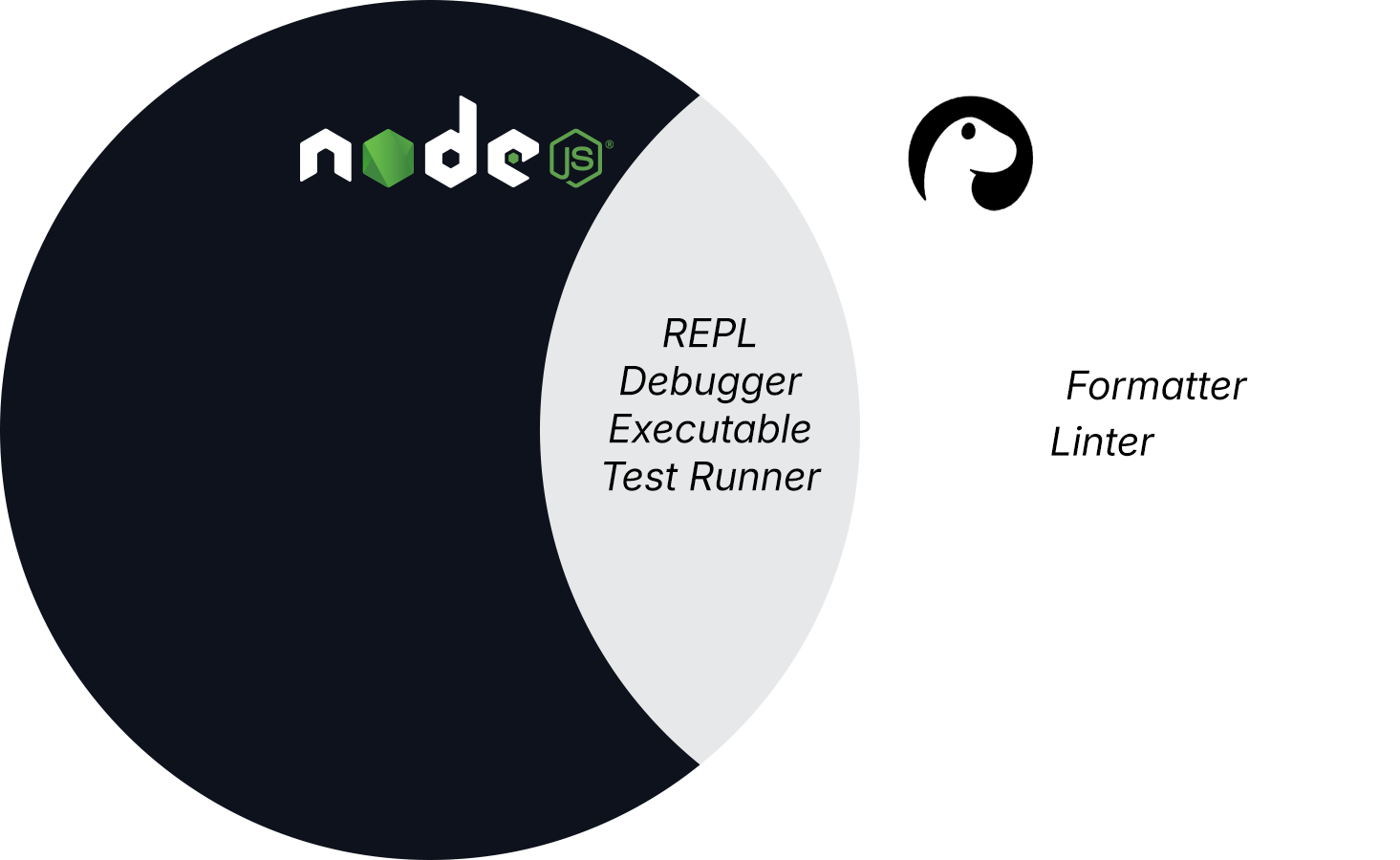The JavaScript development landscape changes on a dime. In 2020, came along a new challenger—Deno, a fresh runtime environment for JavaScript and TypeScript, which is robust, secure, and really fast. Developed by Ryan Dahl, better known as the architect of Node.js, Deno was meant to address some shortcomings in its predecessor, if not offer a fresh perspective into the world of server-side scripting.
Why Deno Matters?
Deno reimagines server-side development by keeping three core principles: security, simplicity, and developer experience. Let's look at what makes it unique:
Features of Deno
- Secure by Default: Deno is security conscious, by running under tight permissions; any access to files, networks, or the environment must be explicitly granted by the user, greatly decreasing the possibility of vulnerabilities.
- Native TypeScript Support: Unlike Node.js, Deno has native support for TypeScript. This saves extra configuration and thus is very attractive to developers who prefer a type-safe language.
- Built-in Tooling: Deno comes with the standard tools to ensure a seamless development experience. It contains all the basic tools: dependency inspector, formatter and linter, and integrated test runner.
- ES Module Support: Deno prefers the modern ES module standard (import/export) rather than the CommonJS modules of Node.js. This affords better support for modern JavaScript features and allows for simpler organization of code.
- Decentralized Module Management: Deno eliminates the use of the npm package manager. Modules are imported directly via URLs, which promotes transparency and reduces reliance on a single centralized repository.
- Runtime Simplicity: Deno unites the popular Node.js event-driven asynchronous model with a modern application programming interface (API). This improved paradigm presents a cleaner and intuitive experience for developers.
Advantages Over Node.js

Deno offers numerous advantages in comparison to the well-established Node.js:
- Enhanced Security: Explicit permissions reduce accidental exposure and increase overall application security.
- Modern Design: Deno embraces ES modules, native TypeScript support, and a cleaner API, aligning with current development trends.
- No node_modules Hell: Deno deletes the huge `node_modules` folder structure. Modules are downloaded once and kept locally, making dependencies far faster to deal with.
- Streamlined Developer Experience: Out-of-the-box tools and a well-designed API eliminate the need for external tools like Babel or Webpack.
Challenges and Considerations
While Deno offers a compelling alternative, there are some challenges to consider:
- Limited Ecosystem: Compared to Node.js's vast ecosystem, Deno's collection of third-party modules is still growing. However, with the ability to import npm packages directly using the npm: specifier, access to the vast npm ecosystem is now available.
Ideal Use Cases for Deno
Despite the challenges, Deno excels in specific scenarios:
- API Development: Built with security and modern design in mind, Deno is great at developing strong and secure APIs.
- Scripting: Deno is designed for running scripts in TypeScript or JavaScript and provides a solid and efficient runtime environment.
- Frontend Developers Transitioning to Backend: Deno's innate TypeScript support, coupled with its simple API, makes it much easier to learn for frontend developers dipping into the world of backend.
Deno's Ecosystem
DENO: The emerging ecosystem provides developers with two essential resources:
- Third-party Modules: Modules are available through `deno.land/x`, an official repository curated by the Deno team.
- Standard Library: Deno provides a rich standard library with utilities for common tasks, reducing reliance on external modules.
Conclusion
The future of Deno looks bright. With Deno 2.0's introduction of backwards compatibility with Node.js and npm, a major hurdle for adoption has been removed. Developers can now run Deno in existing Node.js projects and gradually integrate Deno's features. This compatibility, along with Deno's focus on security, simplicity, and developer experience, positions it as a serious contender in the JavaScript runtime landscape. Whether it dethrones Node.js remains to be seen, but Deno has undeniably sparked innovation and challenged the status quo within the JavaScript ecosystem.

